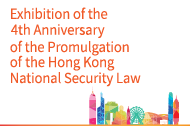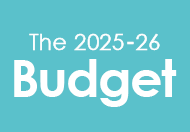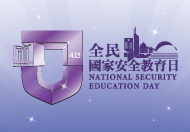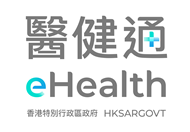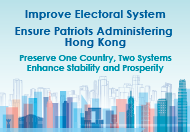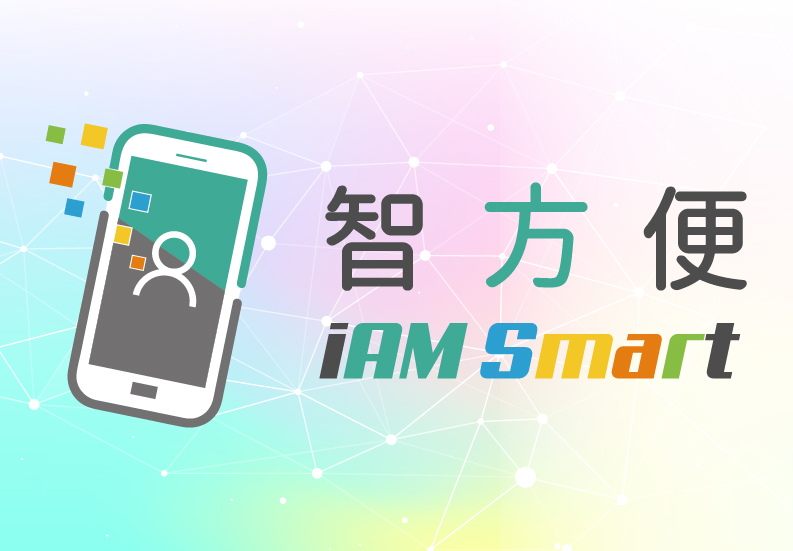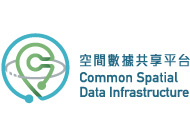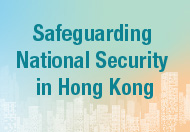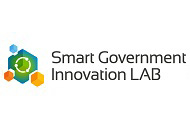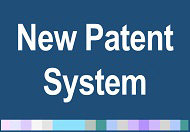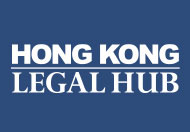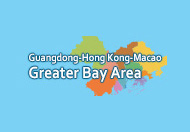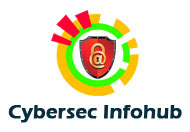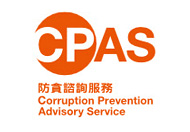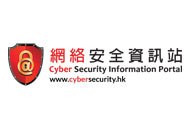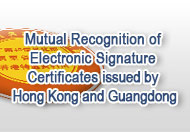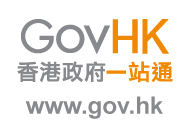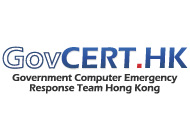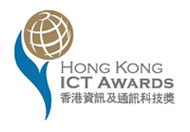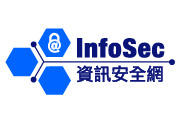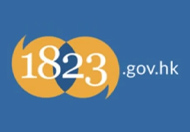Public Comments on the "Consultation Paper on the Review on Administration and Assignment of Internet Domain Names and Internet Protocol Addresses in Hong Kong"
| Reference No. |
:
|
DN20 |
| Date of Submission |
:
|
14.07.2000 |
| Submitted by |
:
|
Mr Matthew Laight The Hong Kong Institute of Trade Mark Practitioners |
SUBMISSION ON CONSULTATION PAPER
ON THE REVIEW ON ADMINISTRATION AND ASSIGNMENT
OF INTERNET DOMAIN NAMES AND INTERNET PROTOCOL ADDRESSES
("THE CONSULTATION PAPER")
The following submission is made by the Hong Kong Institute of Trade Mark Practitioners ("the Institute"). Our submissions are made by reference to the headings used in the Consultation Paper.
PROPOSED INSTITUTIONAL ARRANGEMENTS
Policy making and administrative function relating to Internet domain name
The Institute supports the creation of a new body to be responsible for policy making and administrative functions. Ideally, the body should have a statutory basis, but the Institute acknowledges that this would be too time consuming and cumbersome to set up given the immediate need. A viable solution, as proposed, is for a non-statutory body to be formed but for that body to be controlled through a formal agreement with the Government which sets out the powers and functions of the non-statutory body.
The Institute believes the body should be non-profit making and should be funded through the registration fees and renewal fees of domain names. The Institute does not believe that the membership of the body should be on a subscription basis since this may lead to the financially stronger members taking control. The Institute feels strongly that membership should be open to the legal profession as well as ISPs, the commercial sector, academia and the Government. Indeed the Institute itself believes that it has a role to play in the policy making function of this new body.
The Institute believes that the Government should take the lead in forming the new body. Without Government impetus, the body is unlikely to be formed quickly.
The Institute supports the appointment of a Board of Directors to exercise the policy making function but considers the proposal to spin off another company with an interim board (paragraph 28) to be too complex. The Institute believes the Government should take the lead in setting up the Board of Directors and the new body as a whole and should invite some members of JUCC to sit on the Board and then extend an open invitation to others to apply for membership of the Board.
Policy making function relating to IP addresses
The Institute is not aware of any problems relating to the allocation of IP addresses and is not able to comment on this issue.
Administrator of the ccTLD Registry
The Institute agrees that there should be a single registrar in Hong Kong
Registrar and agents
Whilst the Institute understands the special interest that the Government has in ".gov" second level domains and that JUCC may have in ".edu" second level domains, the Institute believes that the principle of a single registrar should be followed through. There should be no agents or sub-registrars appointed for different second level domains. The Institute believes that to ensure consistency, there should be a single registrar and when it comes to the issue of whether an applicant is entitled to use ".edu" of ".gov", that question should be outsourced to the Government or JUCC as appropriate.
DOMAIN NAME REGISTRATION FOR ".HK" DOMAIN NAMES
The Guiding Principles
The Institute supports wholeheartedly the guiding principles set out in the Consultation Paper, subject to the following comment. The Institute believes that the principle at paragraph 34(c) is too restrictive. There should be an unfettered right to transfer domain names. Any illegitimate trading in domain names will be controlled by the dispute resolution procedures.
Registration Guidelines for ".hk" domain names
(a) Reserved List
The Institute does not support the creation of a reserved list. The Institute feels strongly that the formation and maintenance of such a list is likely to lead inevitably to incorrect inclusions and exclusions. Difficulties include the fact that well-known names change over time and even obscene and indecent words and phrases change over time. Similarly difficulties will arise from the fact that similar marks can legitimately be used by different businesses in different business sector. The Institute believes that this time consuming task will take up resources unnecessarily and for no real benefits. If any domain name issued offends any third party, then they can rely on the dispute resolution procedures.
(b) Format and business nature of domain name
The Institute notes that the Consultation Paper refers to the fact that in Australia and Canada there is a requirement that a request domain name must resemble the name of the company or its products/services. The Institute supports the fact that this is not recommended to be adopted in Hong Kong. There are countless examples of legitimate domain names bearing no resemblance to the company name or nature of products/services. The Institute notes the proposal that second level domain categories should correspond tot he business nature of the applicant with documentary proof on the relevant registries. Whilst the Institute considers that this appears to be beneficial, the Institute fears that it will be cumbersome and that it will not necessarily be a simple matter to provide documentary proof even in legitimate cases. What sort of documentary proof does the Task Force have in mind? Therefore the Institute believes that this issue may be best left to the dispute resolution procedures.
(c ) "First come, first served" Principle
The Institute agrees that domain names should be issued on a "first come, first served" basis and supports inclusion of an appropriate declaration by the applicant that, to the best of the applicant's knowledge, the domain name does not infringe third party's rights.
(d) Multiple domain names per registrant organization
The Institute supports multiple domain names per registrant organization.
(e) Transferability of domain names
The Institute supports the transferability of domain names but feels strongly that it should be an unfettered right.
(f) Local presence
The Institute supports the periodical review of the requirement that applicants for domain names must be incorporated in Hong Kong.
(g) Domain names for individuals
The Institute supports the ability of individuals to register domain names but does not believe it should be restricted to the name appearing on Hong Kong ID cards. An example of why the restriction is inappropriate is an author who may wish to publish on a website under a pseudonym. The right to apply should be without restriction and any disputes should be left for the dispute resolution procedures.
(h) Renewal of domain names
The Institute supports the renewal of domain names and suggests that a fee structure similar to that operated b ICANN should be adopted, i.e. a fee for the initial two years and then renewals on a two year basis. Whilst it has not been suggested, the Institute wishes to make clear that it believes that proof of use should not be a pre-requisite to renewal.
DISPUTE RESOLUTION PROCEDURE
The Institute supports wholeheartedly the suggestion to follow the ICANN dispute resolution procedure and supports the concept that the procedure should be operated by someone other than the domain name registrar.
The Institutes notes in paragraph 49(d) reference to the domain name being deleted upon the successful application of a challenger under the dispute resolution procedure. The Institute believes that the registrar should delete or transfer as appropriate in line with the ICANN dispute resolution procedure.
The Institute would welcome further discussion or correspondence with the Information Technology Services Department should any queries arises on the submission.
14 July 2000
Hong Kong Institute of Trade Mark Practitioners







